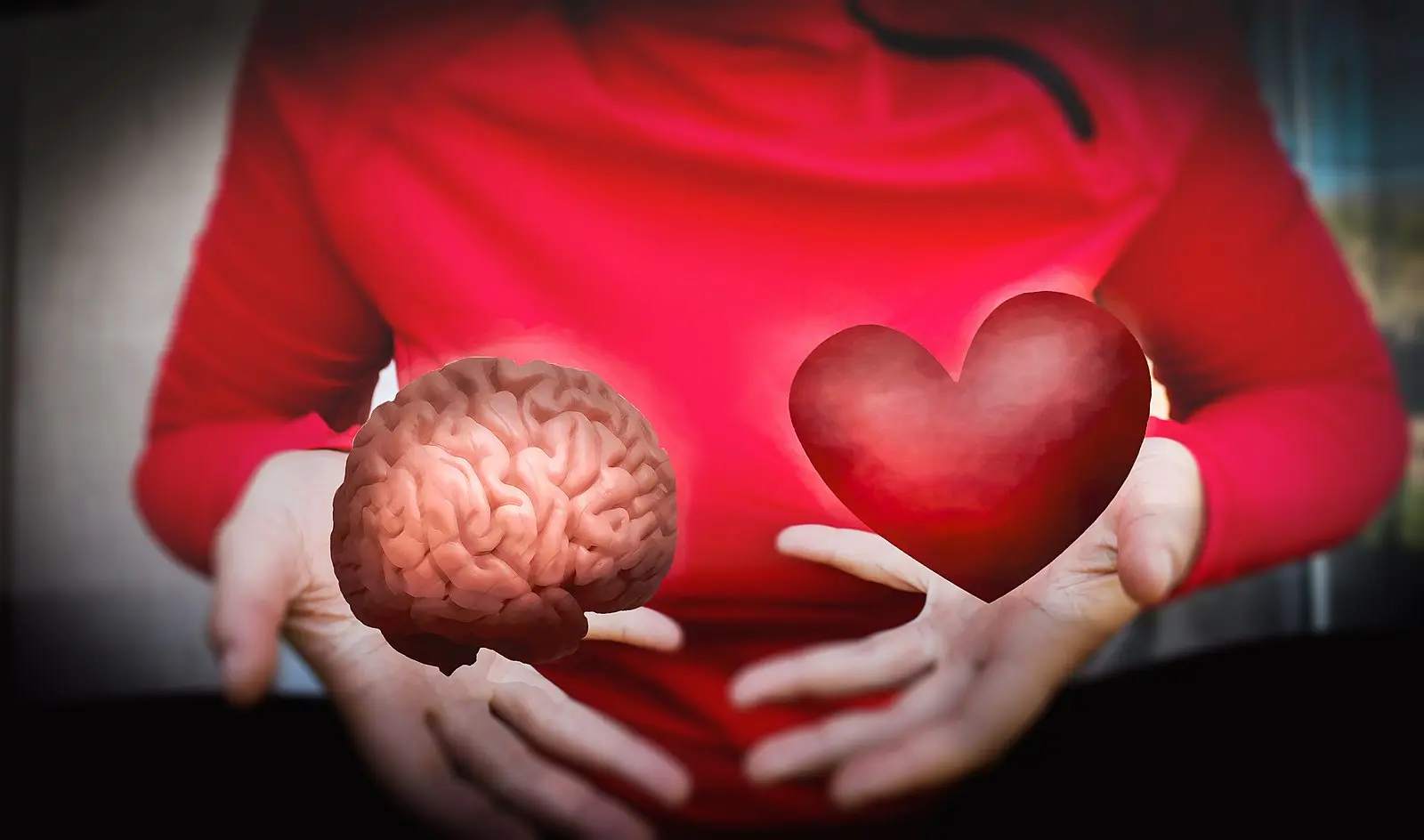In this third post of our series on the 6 Basic Exercises, we will discuss “Control of Feeling.” A better title for this exercise would be “cultivating emotional intelligence through mastering the feeling life.” However, the Austrian simplicity of Rudolf Steiner preferred the shorter title, so we’ll go with that.
This is probably the hardest exercise for most people for a number of reasons. First, its application is more nebulous than the first two. Control of Thought and Control of Will are done at specified times each day. Control of Feeling, however, is performed whenever a spike in feeling occurs. It could happen when your children won’t get in the car making you late for an appointment. Alternatively, it could be a piece of troubling news you receive upon coming home from work. Thus, it can feel like grasping a bird that’s trying to fly away by the tail. Before you know it, your mercury has gone from zero to super agitated, and you didn’t even know what hit you.
Thus, the genius of these exercises is that you become proficient in each of the first two for a month each before moving onto the third. Do you see the logic? First, learn to control the thoughts you have. Second, learn to control your impulses of will. Then, you will have the strength and consciousness to recognize the times when you need to practice the third.
Emotional Intelligence Through the Process of Control of Feeling
I realize “Control of Feeling” can imply becoming aloof or even a cold fish, as it were. The reality of this exercise is far different, however. As I began above, it is best referred to as cultivating emotional intelligence because we are not actually controlling feeling. We are controlling what we DO or DO NOT DO with feeling. That the crux of it and where the self-mastery part comes in.
The process is simple, even if not easy. Whenever you have a strong spike in feeling, like the urge to lash out in anger for example, you stop and do nothing. Do not push the feeling away. Rather, feel it completely; just don’t do anything with it right away. After some time, the feeling will decrease like a tight muscle that has been massaged and now relaxes. A feeling of equanimity will take its place in the heart center, and then you pour this sensation out into your hands, down your legs, and up into your head. That’s the process.
What you do next is up to you. However, you may find after doing this for some time that you become freer to choose your responses rather than merely reacting in ways you later regret. For that reason, we could also call this practice “freedom with feeling,” and that to me is the textbook definition of emotional intelligence.
The Fruits of Freedom with Feeling
As educators and parents, is there any more important skill than working skillfully with feelings? They carry so much power, controlling so much of our life force. They can make or break relationships, jobs, and even our own health. Can we afford NOT to become masters of our feeling lives?
Yet, for many of us, myself included, this is vastly easier to preach than to practice. That is why I advocate for a systematic approach as I have described here, first taught by Rudolf Steiner. Performed diligently over time, it does make a difference. I remember sitting in a faculty meeting once when a colleague, who normally irked me, spoke up and said something irksome. Yet, instead of just reacting, I suddenly felt there was space around my feelings. In that space, intelligence appeared. Then, I was free to choose how to respond.


Leave a Reply
You must be logged in to post a comment.